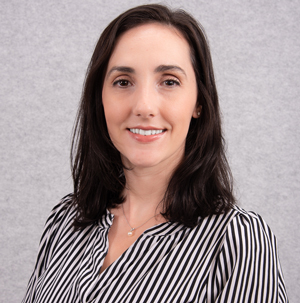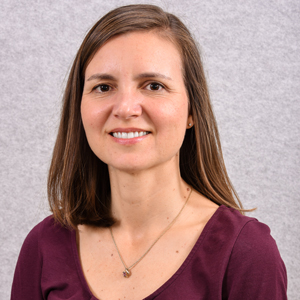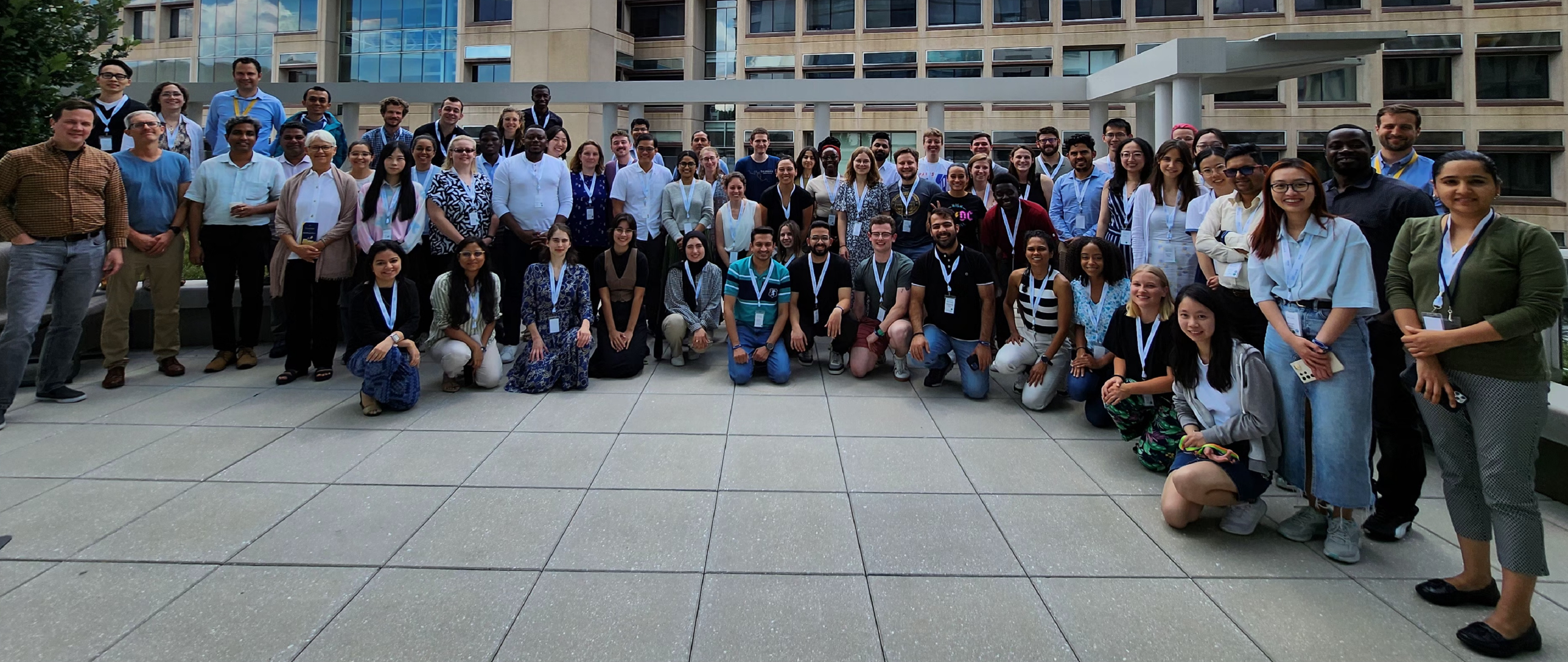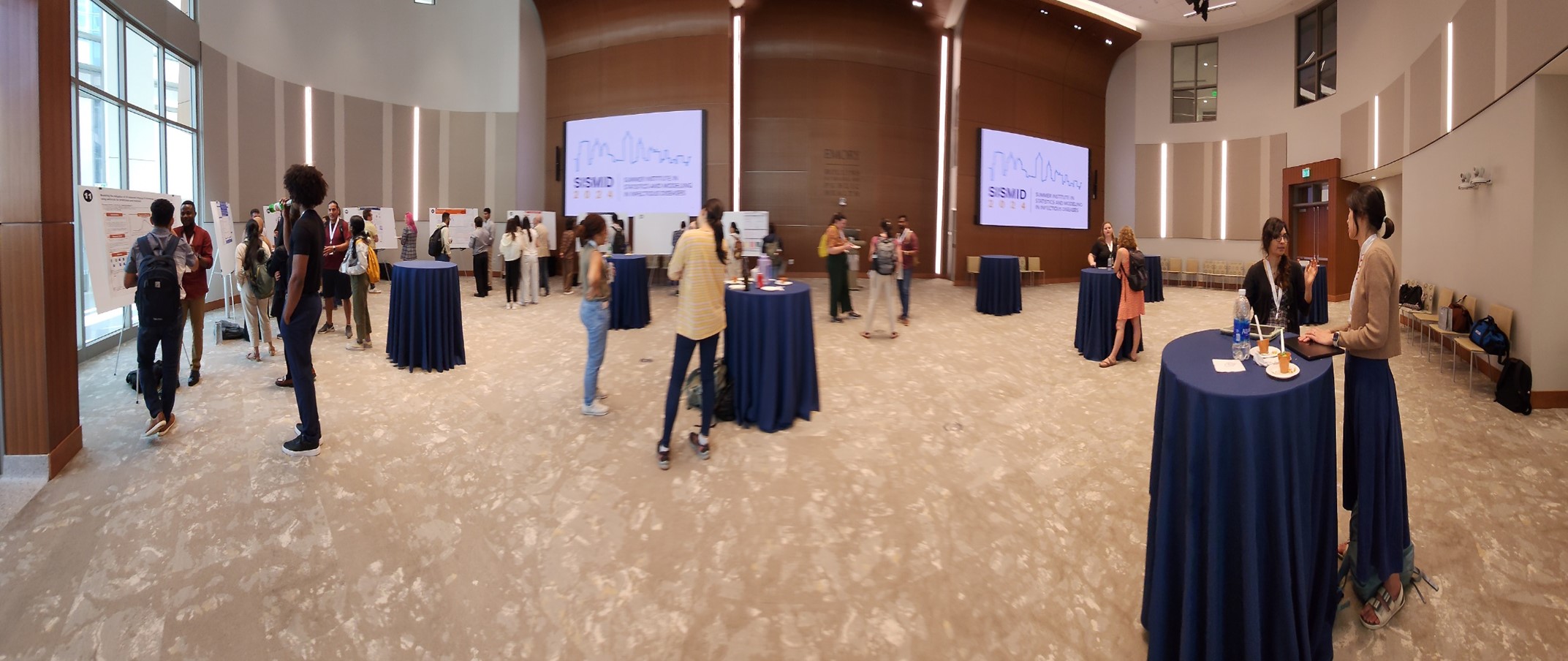Welcome from Ben and Natalie
"We are so thrilled to launch this new phase of SISMID at Emory University. As former students of SISMID, we recognize the importance of this program to the infectious disease research program. We are honored to assume the role of directors, so that SISMID can remain as a space for learning advanced analytical methods, and for building and preserving our community! We hope that you will join us in July 2024 and beyond."
- From Natalie and Ben
History of SISMID
Dr. Betz Halloran founded the Summer Institute in Statistics and Modeling in Infectious Diseases (SISMID) in 2009 and directed the program through 2023. SISMID introduces infectious disease researchers to modern methods of statistical analysis and mathematical modeling and introduces statisticians and mathematical modelers to the statistical and dynamic problems posed by modern infectious disease data.

Natalie Dean, PhD
Co-Director

Pia Valeriano, MBA
Program Manager

Ben Lopman, PhD
Co-Director

April Zion, MPH
Communication Specialist
Professor Lance Waller
Emory University, SISMID Instructor since 2012.
Professor Justin Lessler
University of North Carolina
Cameron Goetgeluck, MPH
Outbreak Analytics Fellow







